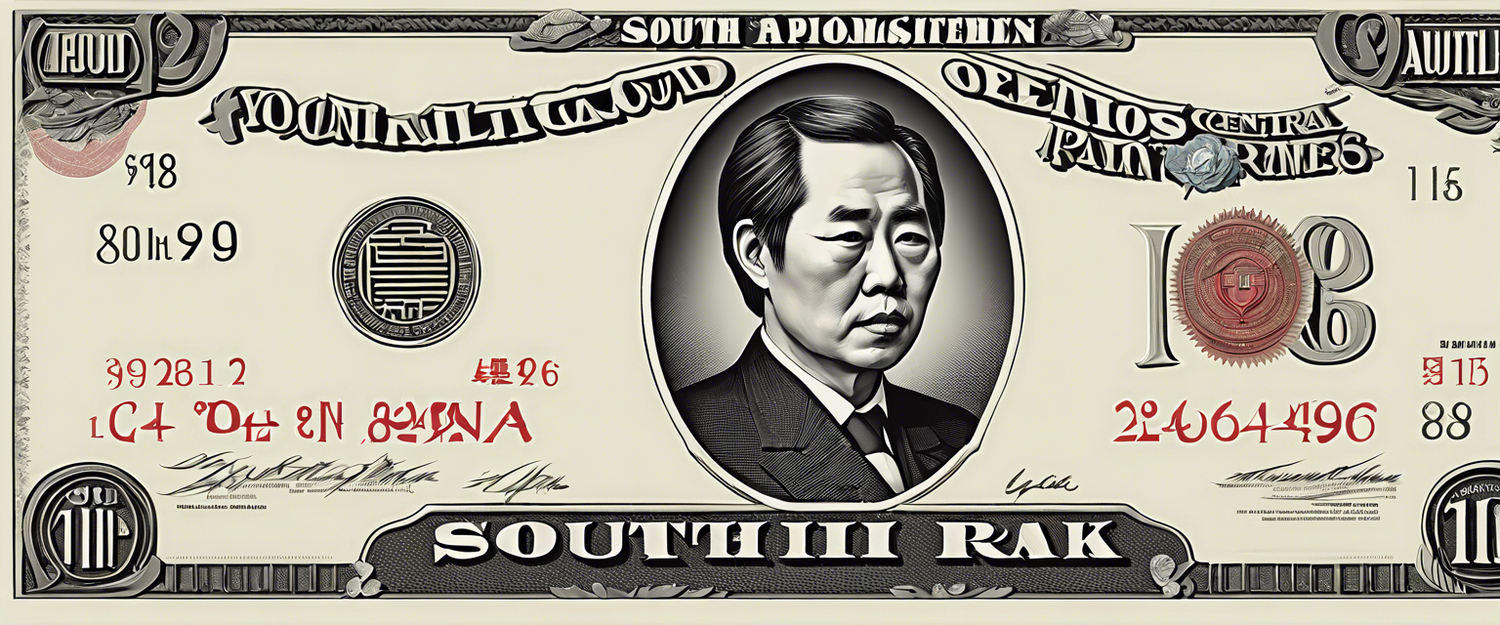Rising Inflation Concerns in South Korea: Insights from Barclays Economist
Recent analysis from Barclays economist Bum Ki Son has raised significant concerns about the trajectory of consumer inflation in South Korea. According to reports, inflation is expected to increase in December following a disappointing growth rate in November. This trend, if it continues, could compel the Bank of Korea to reconsider its interest rate policies sooner than anticipated.
November Inflation Figures
In November, the benchmark consumer price index experienced a year-on-year increase of 1.5%. While this marks an increase from October's 1.3%, it has nonetheless fallen short of market expectations, which anticipated a 1.7% rise. This shortfall reflects ongoing challenges in the South Korean economy, as inflation rates remain below the Bank of Korea's annual target of 2%.
Potential Interest Rate Policy Adjustments
Bum Ki Son forecasts that if inflation continues to rise, the Bank of Korea might choose to pause its interest rate cuts anticipated in January. Instead, the central bank may resume rate cuts in subsequent months, specifically February, May, and October. This shift highlights the delicate balance the Bank of Korea must maintain between fostering economic growth and regulating inflation.
Understanding the Implications
The potential rise in consumer inflation carries significant implications for South Korea's monetary policy. A proactive approach might be essential for the central bank to navigate through the anticipated inflationary period while supporting economic resilience. Economists and market players alike will be keeping a keen eye on the upcoming interest rate decisions as they are likely to shape the country's financial landscape.
Conclusion
As South Korea grapples with ongoing economic challenges and inflationary pressures, the insights from Barclays economist Bum Ki Son serve as a timely reminder of the complex nature of monetary policy. Stakeholders must remain vigilant as the Bank of Korea's decisions in the coming months will undoubtedly influence not only domestic economic conditions but also broader market sentiments.



Lasă un comentariu
Toate comentariile sunt moderate înainte de a fi publicate.
Acest site este protejat de hCaptcha și hCaptcha. Se aplică Politica de confidențialitate și Condițiile de furnizare a serviciului.